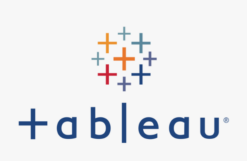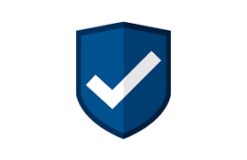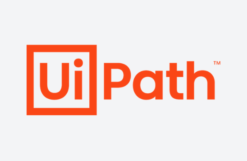Duration: 5 days – 35 hrs
Overview
The PHP and Node.js with Security Training course is designed to equip developers with the essential skills and knowledge required to develop secure and robust web applications using PHP and Node.js. In today’s digital landscape, security is paramount, and this course will teach participants how to identify and mitigate common security vulnerabilities in web applications built with these popular programming languages.
Objectives
- Proficiency in PHP and Node.js: Develop a strong command over PHP and Node.js, including language syntax, data manipulation, and the ability to build web applications.
- Security Awareness: Gain a deep understanding of the significance of security in web development and the potential consequences of security vulnerabilities.
- Web Application Security Expertise: Learn to identify, prevent, and mitigate common security threats in web applications, including but not limited to Cross-Site Scripting (XSS), Cross-Site Request Forgery (CSRF), SQL injection, and more.
- Data Validation and Sanitization: Master the techniques of securely handling user input to prevent data tampering and injection attacks.
- Secure Database Handling: Implement secure database design and protect against SQL injection and other database-related vulnerabilities.
- Authentication and Authorization: Develop strategies for user authentication, access control, and secure session management.
- API Security: Learn to secure RESTful APIs, implement OAuth 2.0, and control API access.
- Security Headers and Policies: Apply security headers and content security policies to enhance web application security.
- Incident Response: Understand the procedures for handling security incidents and data breaches.
- Code Review Skills: Develop the ability to review code for security vulnerabilities and suggest remediation measures.
- Deployment Best Practices: Learn secure deployment strategies and techniques for maintaining the security of web applications during deployment.
- Continuous Monitoring: Implement continuous security monitoring practices to detect and respond to security threats in real-time.
- Penetration Testing Knowledge: Acquire an introduction to penetration testing methodologies and tools for proactive vulnerability assessment.
- Compliance and Regulations: Understand industry-specific compliance requirements and regulations related to web application security.
- Final Project: Demonstrate the acquired skills by completing a practical project that involves building a secure web application using PHP and Node.js.
Audience
- Web developers
- Software engineers
- System administrators
- IT professionals looking to enhance their web application security skills
Pre- requisites
- Basic knowledge of programming and web development.
- Familiarity with PHP and Node.js is helpful but not required.
Course Content
Day 1: Introduction to PHP and Node.js
- Introduction to server-side scripting.
- Setting up a development environment for PHP and Node.js.
- Writing your first PHP script.
- Basic PHP syntax and variables.
- Setting up Node.js and writing your first Node.js script.
- Introduction to event-driven architecture.
Day 2: PHP Fundamentals and JWT
- Control structures in PHP (if statements, loops).
- Functions and data types in PHP.
- Form handling with PHP.
- Working with databases (e.g., MySQL) in PHP.
- Introduction to JSON Web Tokens (JWT).
- Creating and verifying JWT tokens in PHP.
Day 3: Node.js Fundamentals and JWT
- Event Loop and Non-blocking I/O in Node.js.
- Modules in Node.js.
- NPM packages and package.json.
- Creating a basic Node.js web server.
- Routing and handling HTTP requests with Express.js.
- Implementing JWT authentication in Node.js.
Day 4: Building Web Applications with PHP and Node.js (Authentication)
- Building a basic PHP web application with user registration and login.
- Securing PHP routes using JWT authentication.
- Building a basic Node.js web application with user registration and login.
- Securing Node.js routes using JWT authentication.
Day 5: Integrating PHP and Node.js (JWT and Real-world Project)
- Creating a unified authentication system using JWT for both PHP and Node.js.
- Sharing JWT tokens between PHP and Node.js components.
- Implementing single sign-on (SSO) using JWT.
- Real-world project examples with JWT-based authentication.








